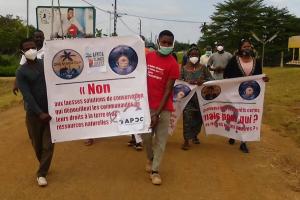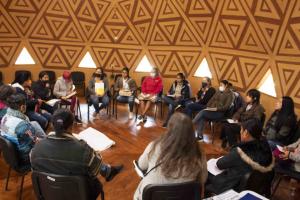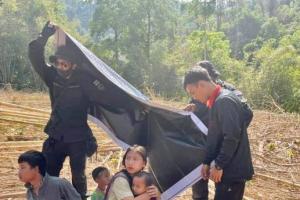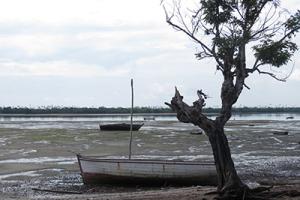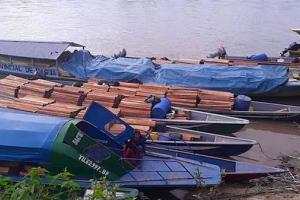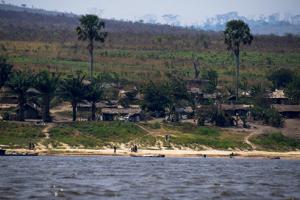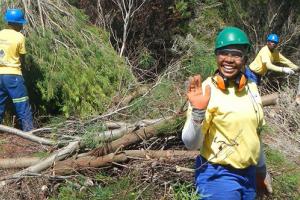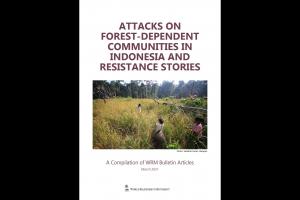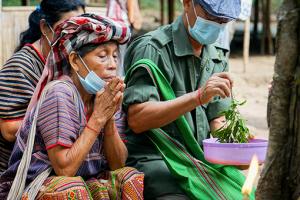Struggles for the Forests
When corporations destroy forests, or restrict or even prohibit access to forest peoples' territories, they place communities' ways of life and their very existence at risk. WRM supports forest peoples' struggles to defend their territories, and their right to decide how to live, and how to use the forests they depend on.
Communities in Nyanga province, Gabon, released the Bana / Mayumba Declaration in which they call for the suspension of the GRANDE MAYUMBA project, a multi-concession megaproject marketing as a so-called Nature-Based Solution.
The statement calls on climate, environmental and social justice movements to unequivocally reject “Nature-Based Solutions” and all offset schemes because they are not designed to address the climate crisis. It remains open for sign-on until the end of 2021.
Only available in Spanish.
This article highlights the voices of Justiça Ambiental! in Mozambique and the African ecofeminist alliance WoMIN.
Balsa wood is an important input for windmills. Ecuador is the world’s largest exporter of this wood. The invasion of millions of wind turbines in China, Europe and the US means the extraction of metals to build them, as well as the brutal felling of balsa wood trees.
Industrial-scale renewable energy infrastructure has seen a revival in the agenda of the ‘energy transition’ and as part of the economic recovery plans in front of the pandemic. Besides, the production of ‘green hydrogen’ from these projects adds another layer of injustices.
A call to Brazilian society and the peoples of the world to defend the territories from capitalism and its new “green” onslaught.
Using “intersectionality” in her reflection, the author highlights how essential it is to understand how various situations of oppression often befall the same subject.
WRM Bulletin Compilation. Available in English and Indonesian.
Indigenous Karen People from Bang Kloi returned to their ancestral home in the Kaeng Krachan forests, after years of dispossession due to the creation of a National Park. Karen communities are mobilizing in solidarity to the Bang Kloi communities’ right to return home.
